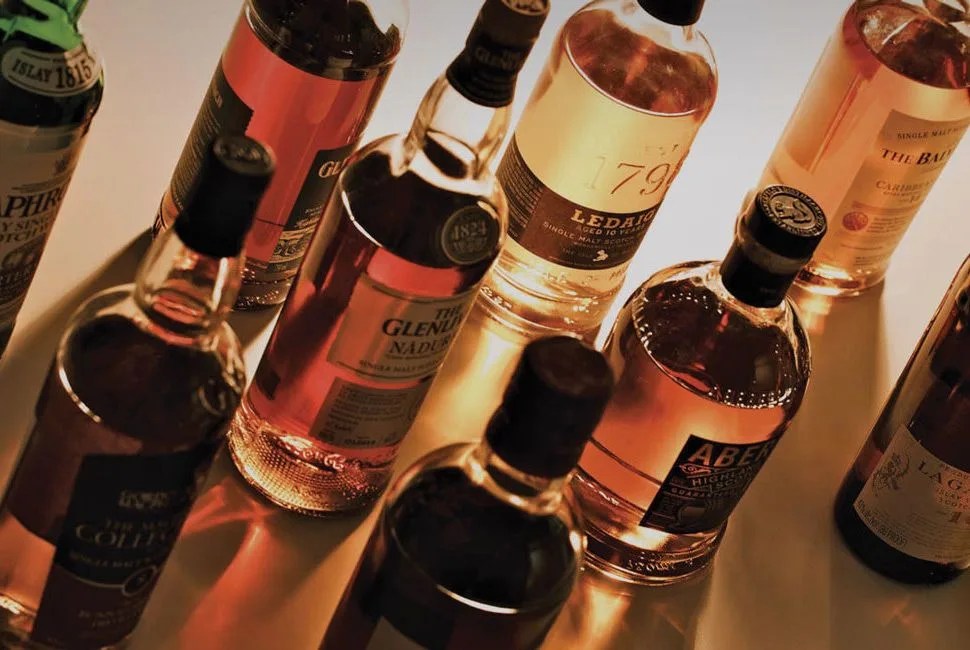As with beer, whiskey has its white whales — expressions that devotees dream of tasting once (twice, if fortune strikes) in a lifetime. While trades of limited-release bottles and cans are common in the beer world, auctions — particularly online ones — are favored in the realm of whiskey.
“Accessibility is a big benefit,” says Iain McClune, founder and owner of Whisky Auctioneer, which is currently auctioning 290 bottles from the now-defunct Karuizawa whisky distillery. “The market for whiskey is very much worldwide, and being based online provides access for anyone with a computer or smartphone.”
Whisky Auctioneer’s monthly auctions feature over 3,000 bottles of varying style, origin and age, the selling prices of which can land anywhere on the spectrum of £5 (~$6) to £15,000 (~$18,668) and beyond. Auctions, then, aren’t just for big spenders, McClune explains. They’re worth dipping your toes in for the sake of getting ahold of something new, experiencing the thrill of the bid, or simply seeing what’s out there.
Q: Who participates in a whiskey auction? Is having a collection a prerequisite?
A: An established collection is definitely not a requirement. Bidders will tend to fall into one of three categories: an individual who buys to drink or sells the odd bottle they have inherited or found in the back of a cupboard; a collector who buys and sells for enjoyment or interest; or a collector who buys and sells mainly for investment purposes.
Q: Why would someone sell a collection like the Karuizawa?
A: The decision to sell a collection will predominantly be made due to one of two reasons: either the collection has been completed and the seller would like to start a new one, or the seller is keen to take advantage of particularly high prices and demand at that time. Often these collections have been put together for investment purposes.
Q: What is your process for accepting bottles to sell at auction? Is there any sort of authentication process?
A: Often we will start by providing a free valuation for a potential seller. Bottles must be in reasonable condition and sealed. We require all bottles to be at our premises in Perth, Scotland, whether they are dropped off, shipped or collected by us.
Our team is trained to spot fake bottles. We look for tell-tale signs such as inconsistency with liquid color, spelling mistakes on labels, poor quality labels or caps. If there is a remote question over the authenticity of a bottle, it will not be entered for auction.
Q: Are there particular styles of whiskey that are more popular than others, both among bidders and bottles being put up for auction?
A: One tends to follow the other. For instance, demand for Macallan increased dramatically over the course of 2016, which resulted in an increased number of bottles being put in for auction as sellers saw prices rise. Macallan is still in demand going into 2017, as are many closed distilleries [with dwindling stocks due to halted production], such as Port Ellen and, of course, many Japanese whiskies, particularly Karuizawa.
